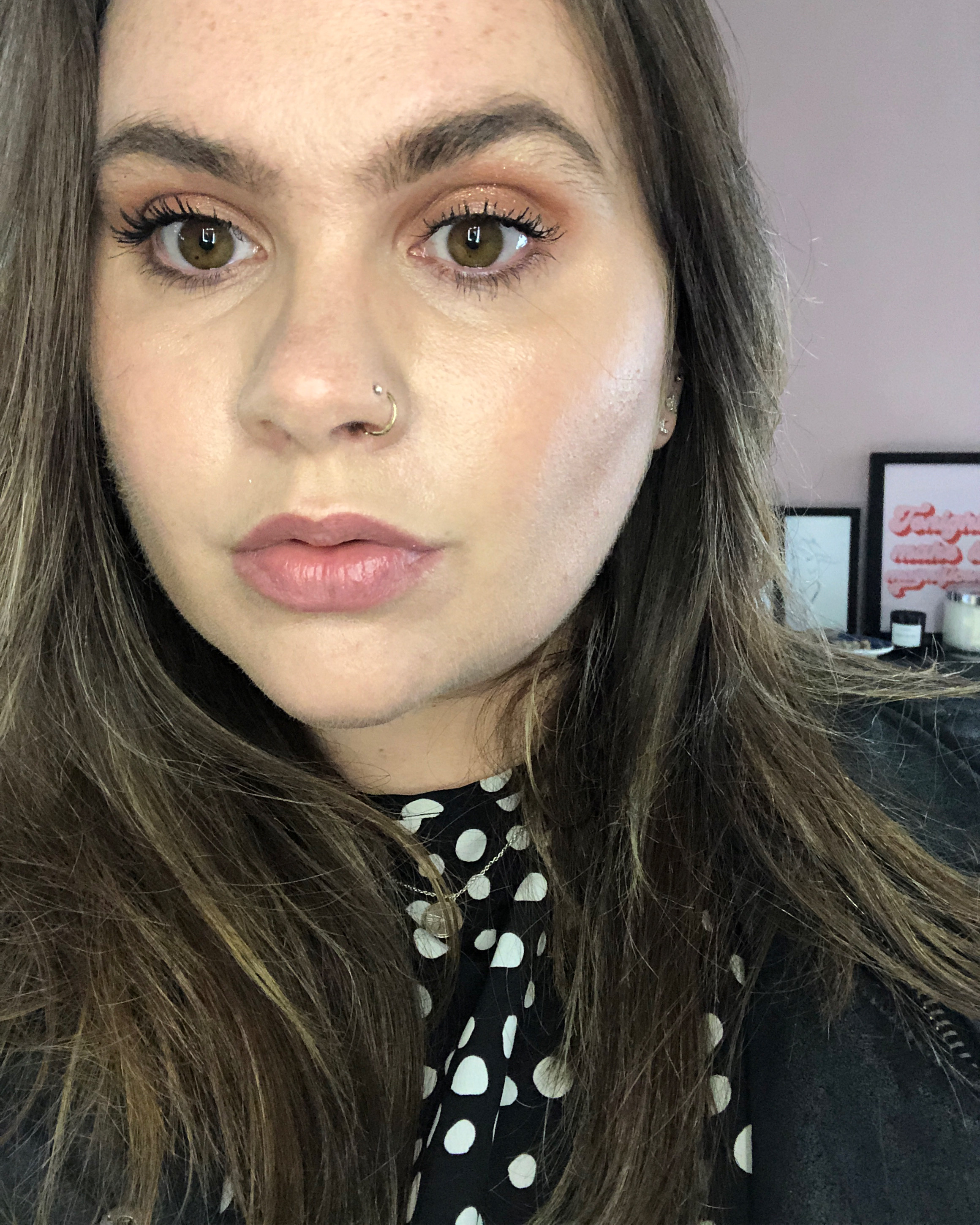How to use vitamin C serum properly in your skincare routine
Unsure of how to use vitamin C serum? An expert explains how to use this powerhouse skincare ingredients


You may be well-versed in this ingredient's benefits, but knowing how to use your vitamin C serum properly is another matter entirely. Not only is it hailed for its ability to encourage collagen production, but it’s one of the few proven anti-aging skincare ingredients.
So it makes sense that the best vitamin C serums are considered a cornerstone of a good skincare routine. “Vitamin C can improve visible signs of sun damage as well as helping to defend skin against environmental damage,” explains Daniel Isaacs, director of research at Medik8. “It’s considered one of the best antioxidants in skincare and it’s able to fight off free radicals, which can cause premature aging.
"It’s essential for the synthesis of collagen and it also disrupts the melanin synthesis pathway," he continues. "Another minor benefit includes its ability to strengthen the capillary network which in turn helps to reduce redness."
It’s clear that vitamin C is something of a powerhouse ingredient, but it has to be used properly to get the benefits, as it's notoriously unstable and formulations can change when exposed to light and air. So, what’s the best way to use it and how can you ensure that you’re getting the most effective results? We asked an expert for everything you need to know.
Meet the experts on vitamin C serums
- Daniel Isaacs is director of research at skincare brand Medik8. As part of this piece he's explained everything from the benefits of using a vitamin C serum to the time of day it's best used in your skincare routine.
How to use vitamin C serum in your skincare routine
Should vitamin C be used in the morning or at night?
While there’s a lot of conflicting information around whether you should use vitamin C at morning or night, most experts would agree that we reap the most benefits by using it in the morning. “It’s a must-have in any morning routine because it provides the body’s natural antioxidant system with a boost to help it fight off free-radicals; shielding the skin from their damaging effects,” Isaacs confirms.
Where in your skincare routine should vitamin C be used?
The general rule of skincare is that products should be applied in order of viscosity—that means the most water-like products should be applied first, gradually working up to the thickest texture. As Isaacs says, “vitamin C should be applied after cleansing, toner (if you use it), and hyaluronic acid, but before your chosen daily sunscreen”.
How to apply vitamin C serum
Many vitamin C serums, like Medik8 Super C30, SkinCeuticals CE Ferulic and La Roche-Posay Pure Vitamin C10 Serum, are quite potent. While the ingredient is usually well-tolerated in most skin types, we would say that it’s always best to err on the side of caution and do a patch test before use if you’re using a product for the first time.
You should always follow the instructions on your chosen product but, generally speaking, two or three drops dispensed into the palm of your hand should be enough. Then, because vitamin C serums can be quite runny in texture, it’s easier to pat your hands together and then gently press it into your skin, rather than rubbing it in like a cream. Then wait a couple of minutes or so before moving on to the next step of your routine, as the serum then has enough time to absorb properly.
Are there any skincare ingredients vitamin C can't be used with?
In order to get the best and most effective results from your vitamin C serum, it should be combined with the best sunscreen for face—ideally SPF 30 or higher. Vitamin C is photoprotective, meaning it acts as a natural defense against some UV-induced damage. But that doesn’t mean it can be used in place of sunscreen; it should always be used in tandem.
When it comes to ingredients that should be avoided, there aren’t many to note. However, Isaacs says he wouldn’t recommend using vitamin C with copper as it may react, while using it with niacinamide may make it slightly less effective.
Lucy Partington has been a beauty journalist for eight years, writing for titles including Stylist and Cosmopolitan. She’s a true skincare nerd who’s on a lifelong quest for a glowing complexion and loves nothing more than learning about new ingredients and products. She’s obsessed with having perfect eyebrows and collecting eyeshadow palettes she’ll probably never use.